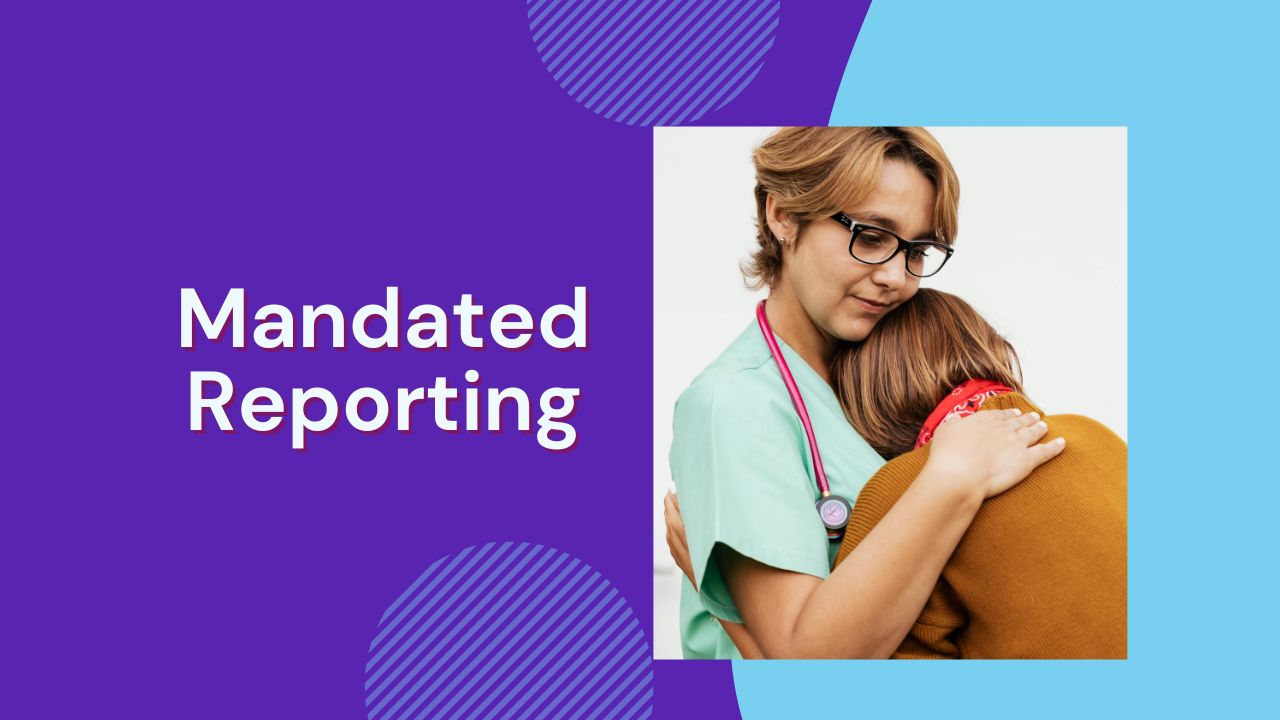How can nurses deal with the stress inherent in the job? A nurse knows how to take it, right? Emotional Intelligence (EI) has been taught for around 30 years, but emotions still overpower competent professionals in stressful situations. EI skills take a long way towards feeling relaxed, achieving excellence, and avoiding the dreaded burnout.
What is Emotional Intelligence (EI)?
Emotional Intelligence is the ability to identify, understand, use and manage one's own emotions and the emotions of others in positive ways to relieve stress, communicate constructively, effectively empathize, connect with people, overcome challenges, and defuse conflict. Furthermore, it includes the ability to use emotions to assist with reasoning.
EI In the Healthcare Setting
Sometimes emotions take over, and managing them takes some doing. Here, Kolb reflective model can come handy. It will help you reflect things on yourself and understand the pain of patients and their loved ones.
Martha's Anger
One day in the intensive care unit (ICU), Martha (a registered nurse trusted by colleagues and patients alike) had a round of contentious interactions with her patient's family that left her angry. She had controlled her words and actions but could not control her feelings, and of course, this was damaging communication and understanding. Other nurses often mentioned Martha's kindness and compassion. However, for no apparent reason, conversations with the patient's son consistently evoked increasingly angry feelings in Martha. There came the point when she made a conscious decision to accept her anger as informative input, not merely an inconvenient reaction that she had to control but also a perception of the situation that could provide some insight. In EI terms, she used her emotions to inform her reasoning. She only realized that the son had very manipulative behaviors and attitudes. She was reacting with anger to his subtle manipulation. When she considered her emotions in her reasoning on the issue, she identified his behavior, understood her feelings, and dealt with the situation much more effectively.
She could see that the son's attitude reflected the family's mistrust of healthcare staff. A brief family meeting with the nursing staff openly addressed and directly resolved the trust issues. The manipulative behavior ended, her anger never returned, and the patient's care improved. On top of that, Martha learned something about herself, that feeling anger could be a heads-up alerting her to non-intentional manipulation.
This story shows how an RN used her emotions to inform her reasoning, discover underlying attitudes, communicate fruitfully with the patient's family, relieve stress, and defuse conflict instead of just bottling up the emotions and trying not to show her feelings. Emotional Intelligence is all about understanding and managing emotions, not suppressing them.
As in Martha's experience, throughout an ordinary 12-hour shift, every nurse might run into subtle or explicit conflicts that may stem from differing opinions, lack of trust, a challenging family member, personality clashes, and last but not least just, general stress. Dealing with conflict is stressful, but EI is the key to remaining calm, compassionate, and understanding and turning the stress into success.
EI improves communication so nurses can deal more knowingly with conflict and foster a better patient experience.
How To Learn Emotional Intelligence
Practice makes perfect. EI includes skills to practice, and each of the skills helps reduce, relieve or manage stress.
- Identify, and name your own emotions and those of others. Do you pay attention to your feelings?
- Assess your stress, and address your emotions.
- Identify sources of stress.
- Think about your day. Take time for reflection following a challenging situation. Ask yourself: How did that go? How was I feeling? What made me feel that way? How did my emotions affect my thoughts, behavior, strengths, and weaknesses? Was I able to listen without judging? Did I understand the other person's point of view?
- Start a stress journal, taking notes of what caused your stress, your emotions, and those of others, how you reacted, and what you did to relax and feel better.
- Examine what your emotions can reveal to you about the situation.
- Try simple mindfulness techniques to decompress during or after a long, exhausting shift and recover the richness of your emotions. For instance, eat your favorite snack slowly, noticing the smell, taste, texture, colors, and even sounds.
- Don't just let those feelings smolder, put them to good use to reflect deeply on your experience and reason, and to inform your decisions.
- Practice open communication with empathy.
- Try to create a balanced schedule to express your feelings openly with respect and calm. Sharing your feelings can be cathartic.
- Effective communication is more than just exchanging information. It involves empathy, recognizing and understanding the emotions, attitudes, and intentions behind the data, and making the other person feel heard and understood.
Make the best of what you can't control, but determine your reactions, and learn to forgive.
Stressful situations come up in every workplace and all the more in hospitals. Healthcare personnel is expected to keep emotions in check, but stifling emotions is not necessarily healthy. EI takes a different approach and is pivotal to success and productivity. Rewarding nursing, not to mention that nursing is, by nature, an excellent field to develop EI skills and capacity. The Nursa team is always interested in your well-being and can help you find shifts and practice EI skills.








.jpg)




